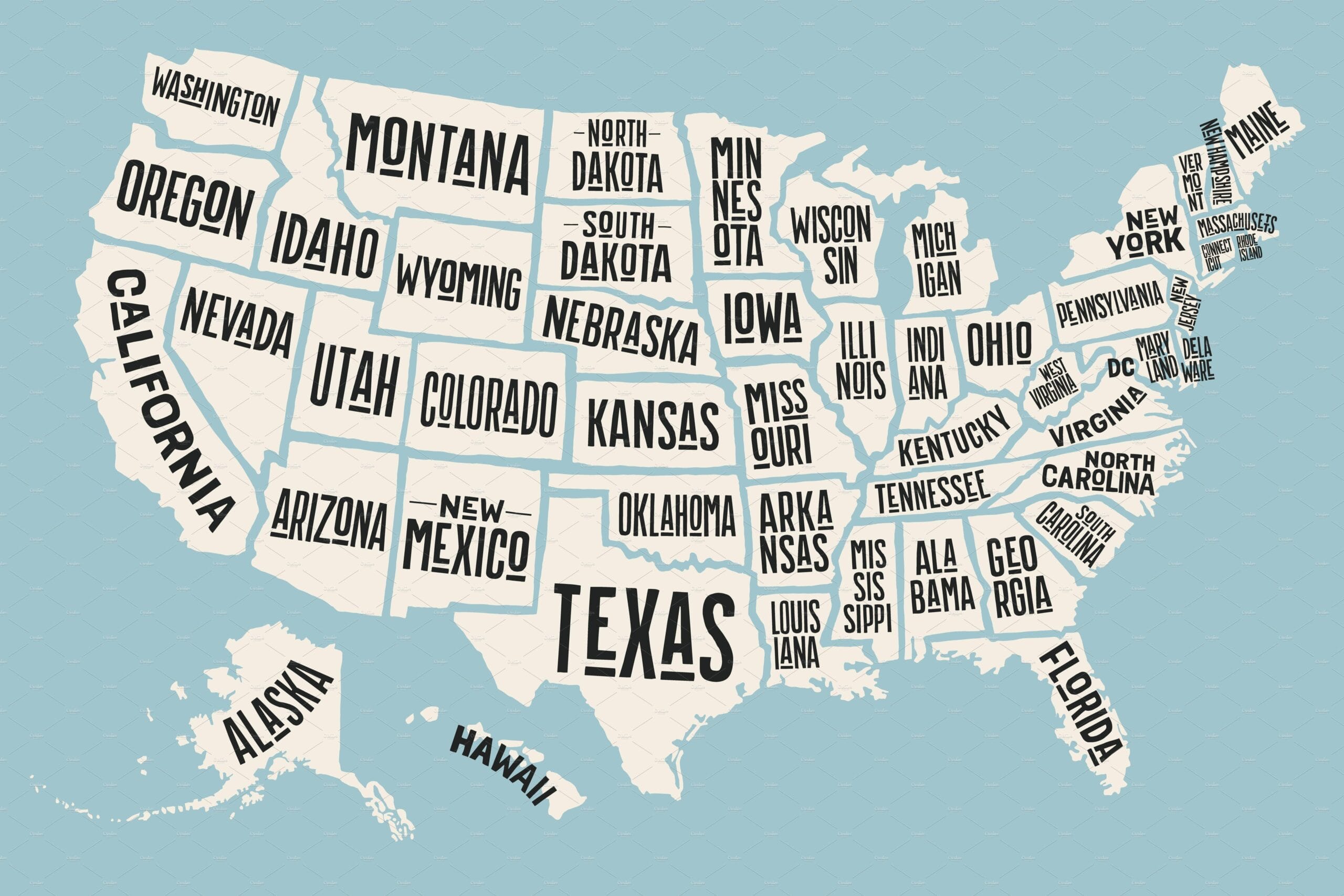FTC’s Proposed Rule Banning Noncompete Agreements
On January 5, the Federal Trade Commission (FTC) announced its proposed new rule that would ban employers from imposing noncompete clauses on their workers and invalidate all existing noncompetes currently in effect. The proposed rule could go into effect before the end of the year and would preempt any state and local law inconsistent with its provisions, except for those laws that afford workers greater protection.
The proposed rule covers nearly all workers and nearly all employers. It applies to all persons who work for an employer, whether paid or unpaid. This rule includes employees, independent contractors, externs, interns, volunteers, apprentices, and sole proprietors who provide a service to a client or customer. The proposed rule defines “employer” as “a person that hires or contracts with a worker to work for the person.”
FTC’s proposed rule prohibits employers from:
- Entering or attempting to enter a noncompete with a worker.
- Maintaining an existing noncompete with a worker.
- Representing to a worker that the worker is subject to a noncompete.
If implemented in its current form, the FTC’s rule requires employers to:
- Rescind existing noncompetes within 180 days of publication of the final rule.
- Actively notify current and former workers that the noncompete is no longer in effect, following specific notice requirements.
FTC’s proposed rule, if finalized in its current form, will ban and invalidate any noncompete clause which it defines as “a contractual term between an employer and a worker that prevents the worker from seeking or accepting employment with a person, or operating a business, after the conclusion of the worker’s employment with the employer.”
The proposed rule, on its face, does not prohibit nonsolicitation, confidentiality, and nondisclosure agreements. However, the proposed rule contains a “functional test” for any contractual term that acts as a de facto noncompete clause. The FTC offers two non-exhaustive examples:
- Nondisclosure agreements. A nondisclosure agreement that’s “written so broadly that it effectively precludes the worker from working in the same field.”
- Training cost repayment. Agreements to repay training costs if workers terminate their employment too soon, where the required payment is not “reasonably related to the costs the employer incurred for training the worker.”
The proposed rule carves out an exception for the sale of the business. Specifically, the rule would not apply to noncompetes “entered into by a person selling a business entity or otherwise disposing of all of the person’s ownership interest in the business entity, or by a person who is selling all or substantially all of a business entity’s operating assets.” The exception only applies to someone with a “substantial” ownership stake, which means they hold at least a 25% ownership interest. The FTC notes that these agreements would remain subject to federal antitrust law as well as other applicable laws.
The proposed rule also excludes a franchisee in the context of a franchisee-franchisor relationship. However, someone who works for a franchisee or franchisor is still a “worker” within the meaning of the proposed rule and would be covered.
The proposed rule does not establish a private right of action for workers. As currently written, only the FTC would be able to pursue rule violations.
The FTC is currently seeking public comment on the proposed rule, which is due 60 days after publication in the Federal Register. After the comment period closes, the FTC will consider the comments, and then may adopt and publish a final rule. As currently drafted, the proposed rule would go into effect 180 days after the publication of the final rule. The proposed rule could be finalized by the end of the year.
The takeaway for employers is that they should prepare for the possibility of a ban on noncompetes. If the proposed rule becomes final, employers will have to comply with rescission and notification requirements, and review other employment agreements, such as nondisclosure agreements and other restrictive covenants, that may be implicated by the rule’s functional test for compliance.


